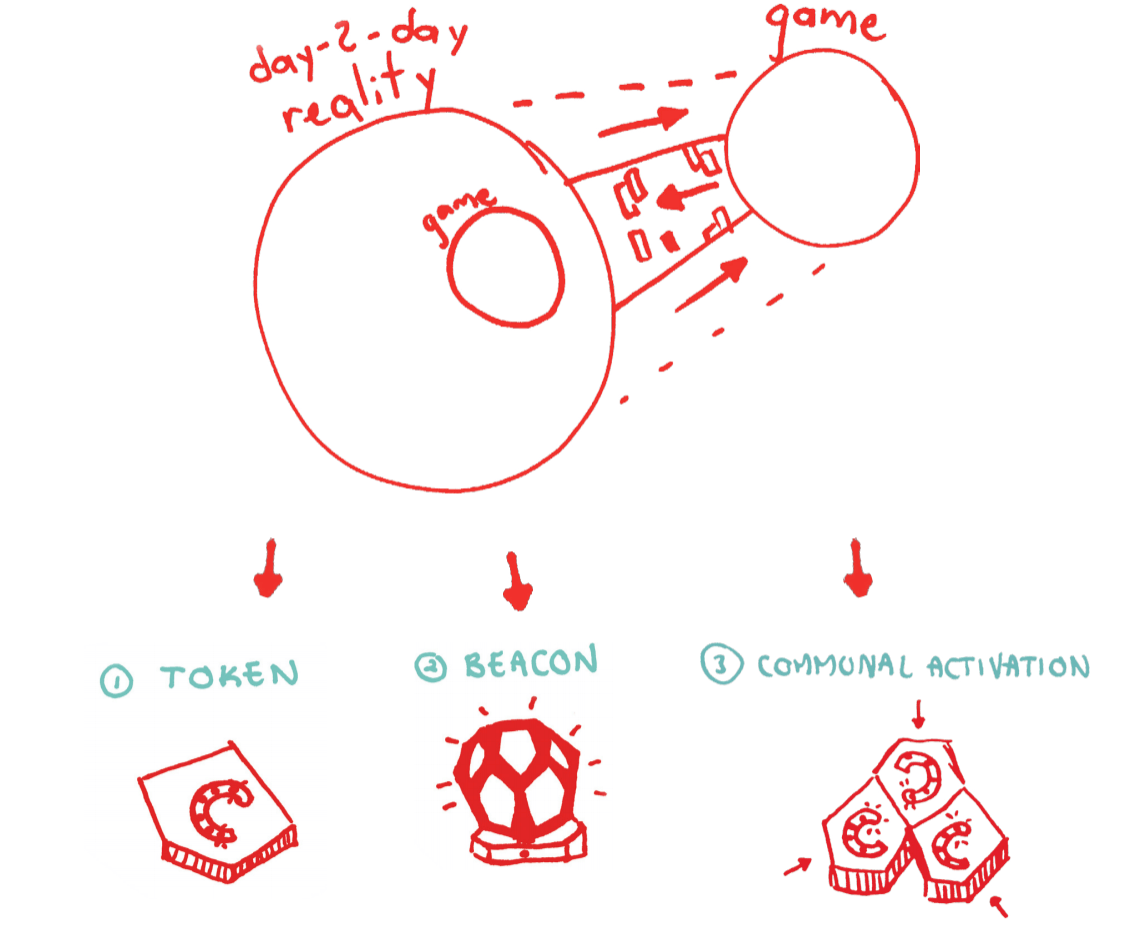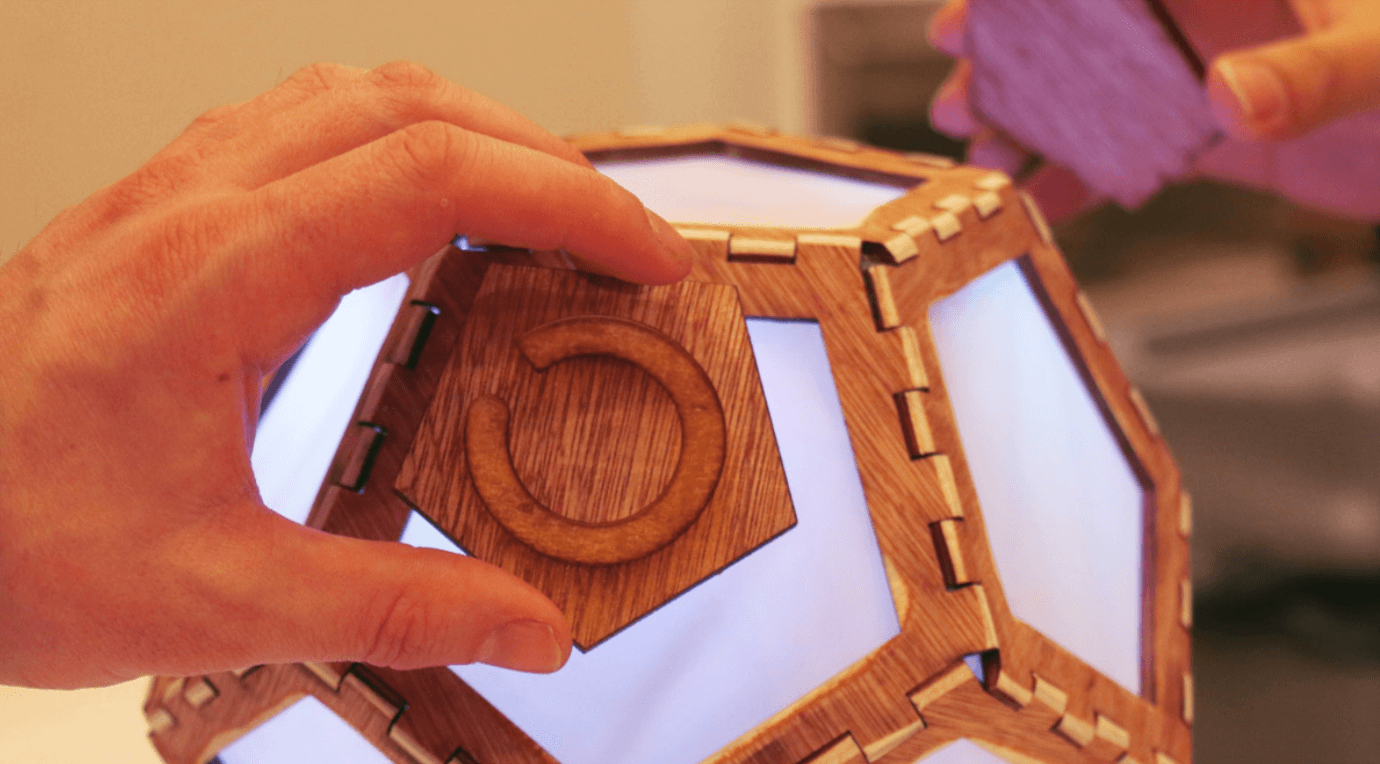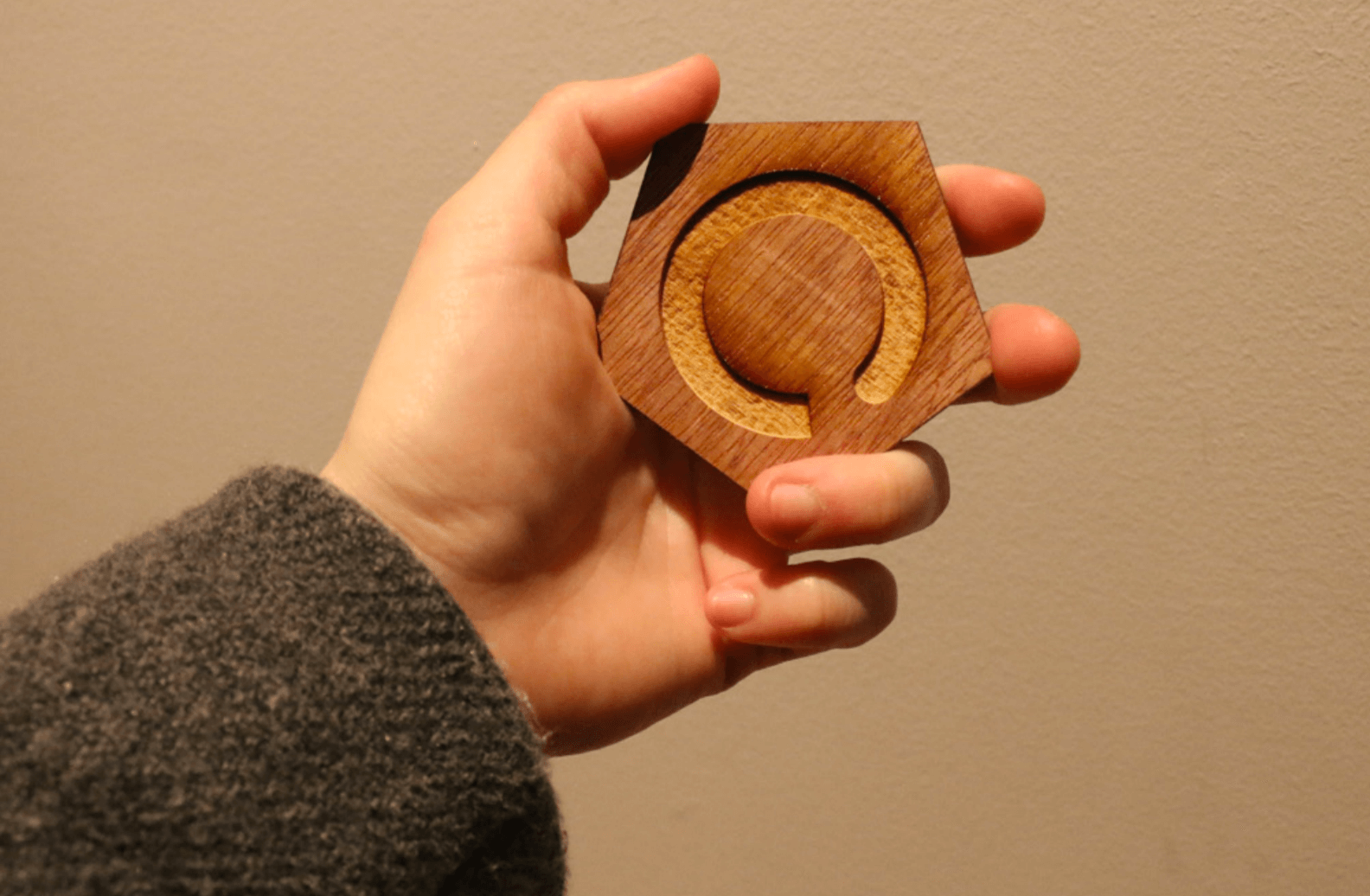How does the "blockchain" work at a community level? By becoming a game
We have been interested at A/UK in the new wave of software known as "blockchain". Here's the latest handy definition:
Currently, most people use a trusted middleman such as a bank to make a transaction. But blockchain allows consumers and suppliers to connect directly, removing the need for a third party.
Using cryptography to keep exchanges secure, blockchain provides a decentralized database, or “digital ledger”, of transactions that everyone on the network can see. This network is essentially a chain of computers that must all approve an exchange before it can be verified and recorded.
We're interested in the "decentralized" aspect of this - the way that it presumes a degree of community management for this whole system of exchange. We're not trusting a central institution (like a major bank) - the software allows us to trust each other. In that sense, it feels like a kindred phenomenon to recent attempts to establish "commons" (see our posts on this).
Yet blockchain potentially has the whole planet as its shared space. How could it really link into to the kind of super-powered localities that we're interested in at A/UK?
So we were delighted to come upon the work of Andrea Morales Coto (HT Dil Green). Here's their opening blurb:
I design systems by playing with and in them. I approach complex situations as clusters of relationships that can be shifted collectively and creatively to expand the limits of what is possible in the world.
Through communal, actionable play, my aspiration is to design and build equitable futures for our planet.
Andrea's project, "I Owe Us" (a riff on I-O-U), worked with an already existing local currency called BerkShares (set up in the Berkshires region of Massachusetts). The intent was to combine an interest in designing games, with the new possibilities of blockchain. As Andrea explains below:
Historically, economics and finance have been deeply intertwined with games; even game theory, one of the cornerstones of modern day economic thinking, was inspired by a fascination with the underlying principles of poker. And, as Jaron Lanier stated in his latest book, “Economics must become more and more about the design of the machines that mediate human social behavior.”
It is therefore only natural that my interest in games led to an interest in economics, and, by default, in the design of the machines that mediate economics.
But open a closer look of all the possible spaces to intervene in finance and play, I became most interested in that of money. Specifically, I became interested in the realm of cryptocurrencies, a "Wild West" of Silicon Valley where the "new Internet" is being crafted by Bitcoin mining programmers.
The hype around cryptocurrencies is deserved: behind them is an escapist dream of computer-lead decentralized meritocratical monetary utopia.
And yes, if you think that's too many adjectives to describe utopia, it is because, upon further research, it is a fairly specific, targeted one; one that benefits certain populations over others.
My question then became: could I empower, instead, small communities to take cryptocurrencies and mold them to their needs? Could monetary technology as it is growing today become a space for localized empowerment and the definition of value in the terms of non-programmers?...
...After many rounds of playtesting and prototyping, I arrived at a product ecosystem consisting of 3 elements: tokens (the equivalent of credit cards, but customizable), beacons (like cash registers, but inserting tactility to the monetary network, and community sessions (play sessions to manipulate the rules of a local economy as a community).
This constellation of products turned out to be the best way to maintain a local cryptocurrency active while at the same time making it understandable and malleable for the community as a whole.
Think of it as if I designed a big, real-life board game of finance, where people in a community small enough can start taking the reins of their economy and stewarding it through play.





